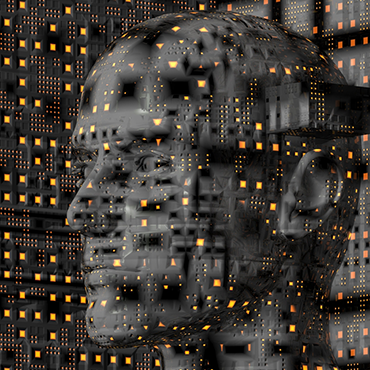Preparing policy for AI-driven tech

A new White House report is aimed at boosting the development of artificial intelligence technology in the U.S.

What do you do if your autonomous housecleaning robot breaks your stuff while it's cleaning or throws out valuable items along with clutter because it considers those actions shortcuts to its prime directive of efficiency?
Those are some of the complex challenges policy officials will have to unravel as artificial intelligence blooms in the U.S. in the coming decades. The issues aren't as trivial as they sound because they are wrapped up in security and safety issues, according to a new White House report.
Titled "Preparing for the Future of Artificial Intelligence," the report outlines possible future directions and considerations for AI technology development over the next 50 years. It was released a day ahead of the White House Frontiers Conference in Pittsburgh on Oct. 13 and unveiled in a blog post by Deputy U.S. CTO Ed Felten and Terah Lyons, policy adviser to the U.S. CTO.
The report recommends that the White House convene a study of automation and the economy that results in a public report released by the end of the year, according to Felten and Lyons.
It also poses a series of developmental, practical and ethical questions to consider for AI development and identifies seven strategies, including funding long-term investments and ensuring the safety and security of the technology.
Furthermore, the report recommends developing shared public datasets and environments for AI training and testing, and setting standards and benchmarks to support more efficient development and evaluation.


